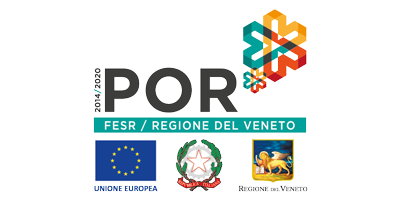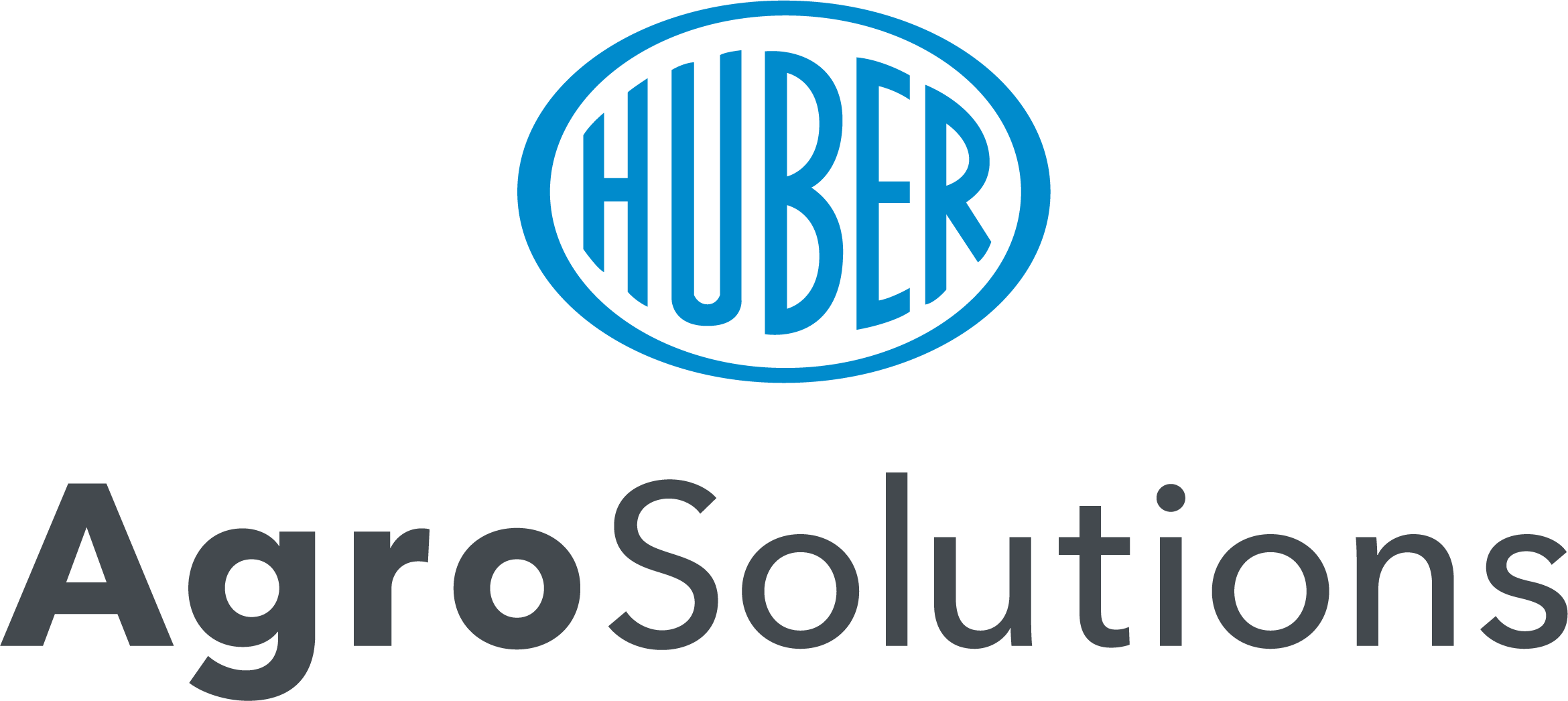Good to Know Technique
Good to Know!
SOYBILS@: Natural and organic soy-based biostimulant to increase fruit caliber
Thanks to ILSA's research and technology, a unique product is now available
31/03/2023
SOYBILS@ is ILSA's thirteenth specific-action product and eleventh biostimulant (Annex 6.4 of L.D. 75/2010). The noble and all-vegetable raw material and the enzymatic hydrolysis process (FCEH®) provide a formulation with a strong action on fruit size that is unrivaled on the market.
Why soybean?
Soybean is a plant belonging to the Fabaceae or Leguminosae, a family of plants long used by ILSA. In fact, the Italian company was the first to register, under the category of "biostimulants," the name "enzymatic hydrolysate of Fabaceae," since it has been working on these plants for more than twenty years.
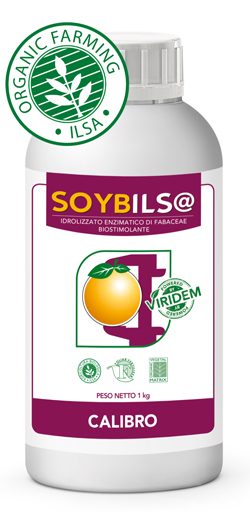
After working on other Fabaceae, in recent years ILSA has focused on soy, the seeds of which contain a number of different substances attracting the interest of researchers:
- First, the high protein content and the presence of specific amino acids of plant origin;
- The presence of vitamins A, B and C;
- The content in polyphenolic substances, such as flavonoids and tannins, with antioxidant properties;
- Betaine and other polysaccharides, which contribute to the supply of potassium, sulfur and other nutrients;
- Triacontanol of natural origin, an alcohol with " hormone-like" properties, already known to ILSA, which has been extracting it for years from other Fabaceae and, for this reason, naturally present in soybean.
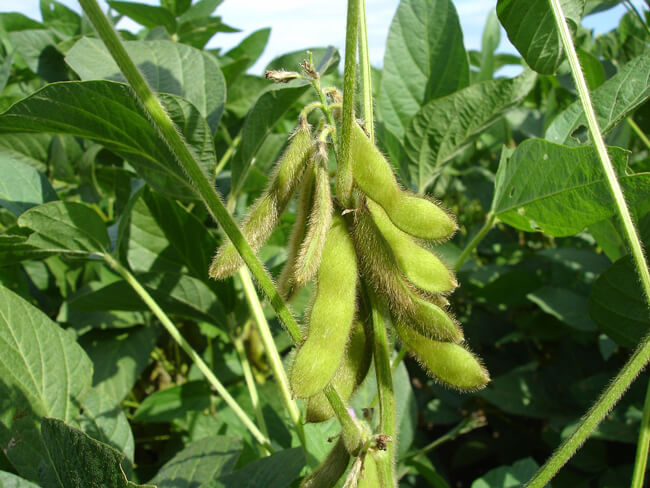 Soybean plants, a natural and renewable raw material from which SOYBILS@ is made
Soybean plants, a natural and renewable raw material from which SOYBILS@ is made
Enzymatic hydrolysis, an effective and environmentally sustainable process
After identifying the substances, ILSA developed the best method to extract them, namely enzymatic hydrolysis, through the FCEH® process for which it is recognized worldwide. A process based on low temperature and neutral pH to allow the properly selected enzymes to be the real players in the extraction process. Compared to other types of hydrolysis or extraction processes, involving chemicals and extreme temperature and pH conditions, enzymatic hydrolysis is the only one that:
- Maintains the integrality of all extracted molecules by preventing their denaturation or destruction;
- Has sub-acidic pH characteristics and low salinity in the final product;
- Limits the development of ammonia nitrogen and sodium and chlorine content in the final product;
- Maintains the levorotatory form of free amino acids, the only form really recognized and used by plants to have a biostimulating effect;
- Extracts a sufficient amount of naturally-derived triacontanol (otherwise destroyed by other, more aggressive processes), such that it has a positive hormonal effect.
How does SOYBILS@ work?
By combining the raw material (soybean) and the production process (enzymatic hydrolysis), we can obtain specific components in the final product affecting the increase in fruit caliber and quality and stress reduction during fruit development. In particular:
- Glutamic acid, aspartic acid, betaine, and triacontanol have a direct action on cell multiplication by directly influencing DNA and protein synthesis physiological processes through a hormone-like effect;
- Amino acids such as leucine, alanine, valine and the presence of potassium stimulate flavor synthesis and improve the sensory characteristics of fruits;
- Other specific amino acids, such as serine and lysine, along with polyphenols, vitamins, betaines, and triacontanol improve aspects such as fruit texture and dry matter, and have antioxidant and anti-stress actions allowing increased shelf-life.
How and when to use SOYBILS@?
SOYBILS@ is to be used on leaves, with 3-4 applications at 2-2.5 kg/ha, starting post vine, tree and fruit set. Its vegetable origin and highly sustainable process allow it to be used in organic farming but, given the product's high efficacy, ILSA recommends foliar applications of SOYBILS@ in conventional farming as well.
Trials carried out by ILSA's Agronomic Service, on apricot, kiwi, cherry, tomato, table and wine grapes, in collaboration with LandLab, Alsia - Metapontum Agrobios, Fondazione E. Mach and other leading assay centers of international relevance, have demonstrated the absolute efficacy of SOYBILS@. Starting from the early stages of fruit development, SOYBILS@ boosts the cell multiplication process, increasing fruit caliber and sensory quality, even under water and heat stress conditions. This represents a major benefit for fruit and vegetable growers who, in addition, can count on fruit size distribution in the most popular caliber categories on the market.
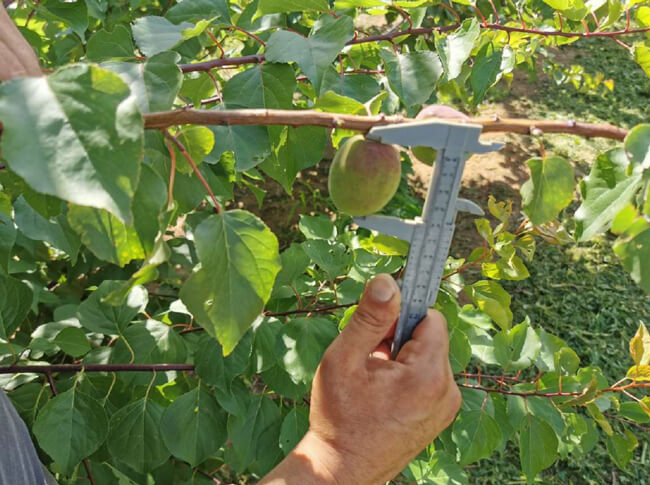
Trials conducted in collaboration with universities and test centers, all available at www.ilsagroup.com, have shown the ultimate efficacy of SOYBILS@ in increasing fruit caliber while improving its quality.
Technical data sheets - Certifications - Dossier - Field results and other insights
-
Products
-
Crops
-
Bergamot
Cedar
Mandarin
Chinotto
Lemon Tree
Grapefruit
Orange Tree
Clementine
Mango Tree
Tea
Pawpaw
Avocado
Coconut Palm
Sugar Cane
Pineapple
Maracuja
Dats
Banana
Coffee
Palma
Cherry
Almond
Nectarine
Plum
Apricot
Peach
Kiwi
Raspberry
Blueberry
Olive Tree
Quince
Pear
Apple
Wine Grape
Table Grape
Strawberry
Blackcurrant
Redcurrant
Blackberry
Tomato
Pepper
Melon

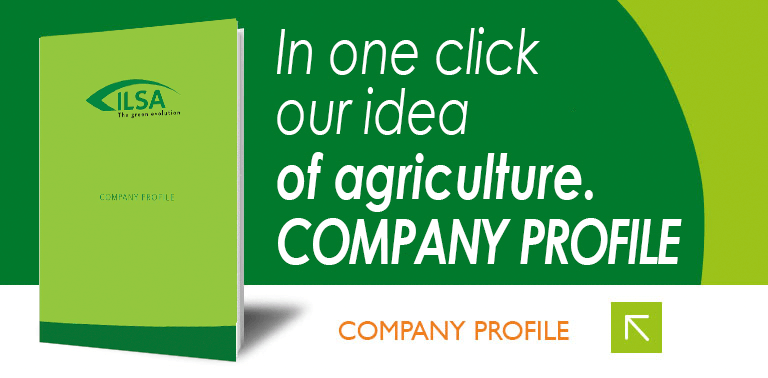
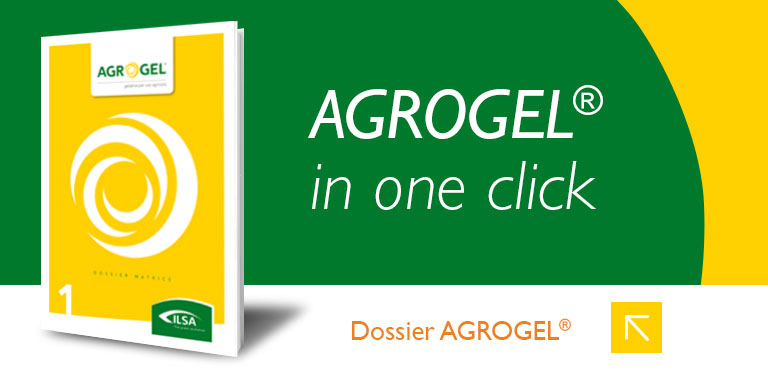
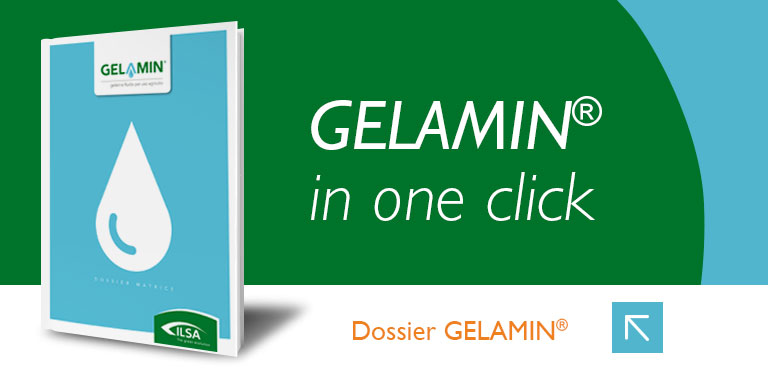
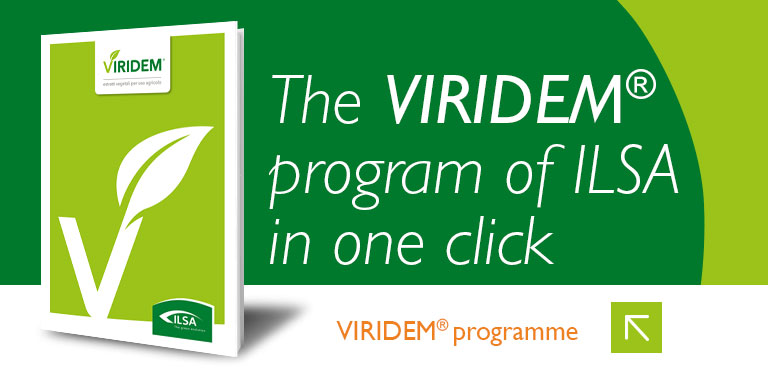
.png)
